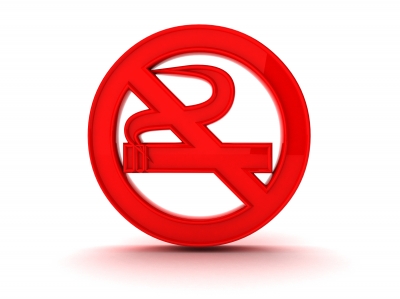
Making new, sober friends helps a teen stop using drugs.
Image courtesy of photostock at FreeDigitalPhotos.net
While this is not California, the statistics from this article are still very interesting to think about. http://eastwindsor.patch.com/articles/christie-courts-mandatory-treatment-for-drug-offenders-26a17aed
In the state of New Jersey it has been found that mandating arrested drug offenders to treatment programs instead of jail-time has greatly reduced the repeat offense rate. When a drug-offender simply does jail time the rearrest rate is 54% with a 43% re-conviction rate. When mandated to treatment, the rearrest rate is 16% with an 8% re-conviction rate.
One thing that is rumored to happen in jail or prison is that an addict learns even more about how to be an addict. There are a lot of drug users and dealers in prison/jail, and they educate one another in further delinquent behavior. It is also rumored that there is a pretty significant amount of illegal drugs dealt within the prison system, sometimes making an addiction worse.
Whether you believe our justice system should or should not offer treatment centers as an alternative to jail/prison time, this article is a good example that treatment for addiction can be very helpful. It also demonstrates that who you spend your time around is who you become.
While there’s a good chance your teenager isn’t serving jail time for a drug-related arrest, this article still applies to you. The two important things to get from this is that 1) prisoners who spend time in the main prison population often commit drug-related crimes again and 2) prisoners who spend time around recovering addicts tend to get better.
If your child is acting out and participating in drug use, the most important thing you can do is change their peer group. This is extremely challenging as a parent. How many times have you told Junior, “I don’t like you being around those kids. What about hanging out with so and so instead?” Then you’re rewarded with a dirty look and an accusation that you “hate all my friends.” This is when you need to start thinking outside the box.
If your kid isn’t working, help them find a job. Teens who work develop friendships with their co-workers. A job also takes up time that could otherwise be used to smoke a joint.
Your child might be farther into their drug use than just getting a job to change their peer group. In that case, you’ll have to be more forceful and drastic. Sending your teen to a relative’s house for about 3 months can be extremely helpful. Do you notice that while your teen talks back towards you, they don’t talk back to your sister? They aren’t familiar enough with your sister to do that. It might just work to have them stay with her for a little while. This is only effective if your relative lives far enough away that your teen cannot see the same friends.
If the case is more severe, you’ll have to strongly consider either rehab or teen boot camp. Both of these methods are effective and helpful. I’ve found that teens who go to boot camp tend to come back a little bit stronger than rehab. However, in no way am I claiming to have completed a study on the matter. Each rehab and each boot camp are different. What works well with one type of teen may not be the ideal fit for another type of teen.
The bottom line is, teenagers begin to act like the people they are around. Getting your struggling teen around successful teens tends to improve the decisions your teenager makes. Just like the prisoners in this article, everyone needs someone who will show them an alternative, positive way out. For teens the most important thing is that they think it is their idea. This is your chance to be a creative parent and covertly help your teenager come up with a good idea for how they can start making changes.
Helping teens grow and families improve connection,
Lauren Goodman, MS, MFT



